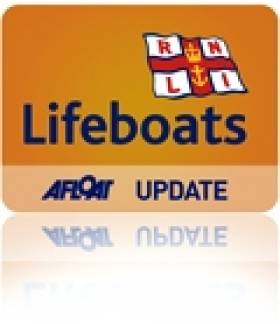Displaying items by tag: Sunderland
Scores Fall Ill After Triathlon Swims in North-East England
Nearly 60 people fell ill after taking part in the swimming portion of events at the World Triathlon Championship Series in Sunderland at the weekend.
As the Guardian reports, at least 57 triathletes out of some 2,000 who took part in the open sea swimming portion off Roker Beach in the north-east of England came down with symptoms that ran from upset stomachs to diarrhoea.
While organisers British Triathlon say its water quality testing results passed acceptable standards, an Environment Agency sampling from nearby waters three days before the event reportedly showed highly elevated level of E. coli.
The Roker Beach area on the North Sea coast has been at the centre of a lengthy dispute between campaigners and the UK government over sewage discharges, though the local water supplier denies there was any incident that would have affected water quality over the weekend.
No such illnesses were reported after the 93rd Dun Laoghaire Harbour Race, which took place on Sunday (6 August). Clodagh Sweeney of Sandycove was first among the women, while Colm Leonard of the Phoenix Swimming Club won the men’s race. Full results can be found HERE.
RNLI Volunteer Among Cork Plane Crash Dead
A former volunteer with Sunderland RNLI was among the five people who died in the plane crash tragedy at Cork Airport last week, according to BBC News.
Twenty-seven-year-old Andrew Cantle was co-pilot of the ill-fated Manx2 flight which came down in thick fog on Thursday morning.
He had previously spent eight years as a volunteer with RNLI Sunderland in north-east England, joining in 2000. Thereafter he moved to York, where be began his career as a commercial pilot. He had only been with Manx2 for a few months before the incident.
The RNLI said Cantle had volunteers on 65 emergency missions and helped save the lives of 66 people.
Sunderland RNLI senior helmsman Paul Nicholson said: "Everyone involved with the lifeboat station is in total shock about the tragic loss of a very close and dear friend."
BBC News has more on the story HERE.
Related Safety posts
RNLI Lifeboats in Ireland
Safety News
Rescue News from RNLI Lifeboats in Ireland
Coast Guard News from Ireland
Water Safety News from Ireland
Marine Casualty Investigation Board News
Marine Warnings






























































